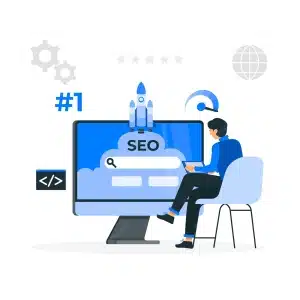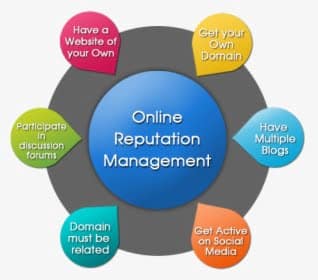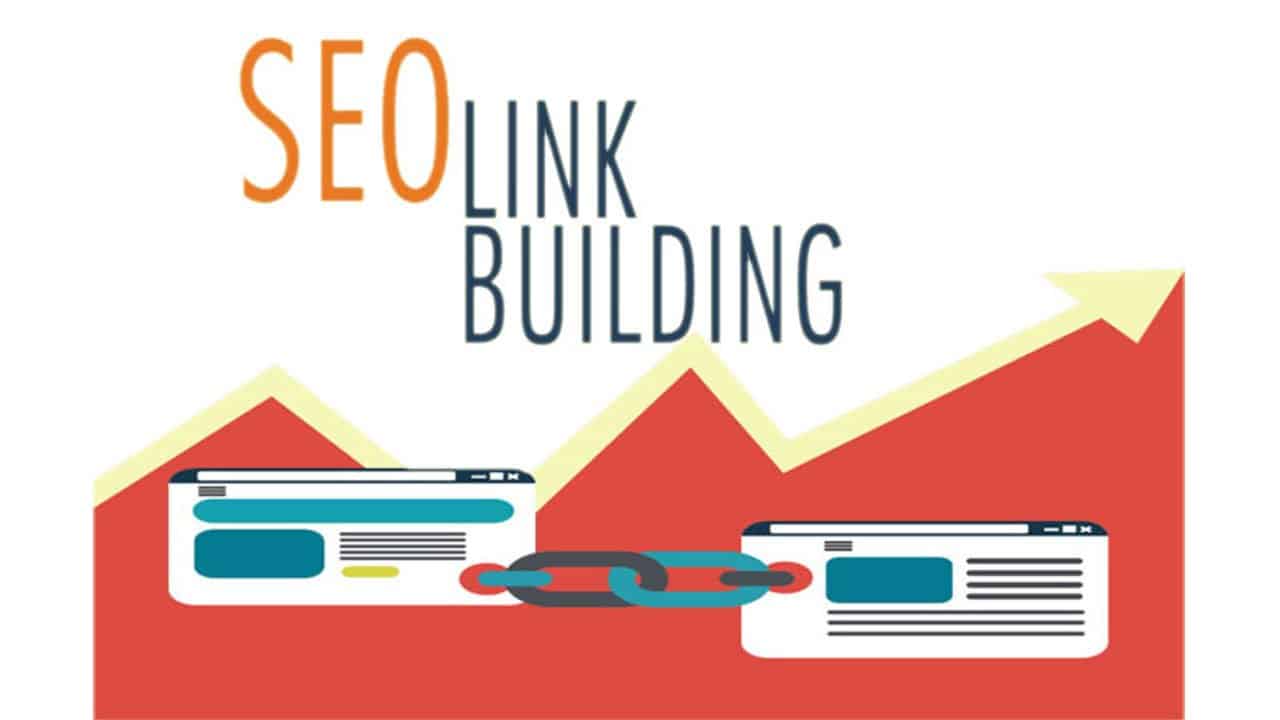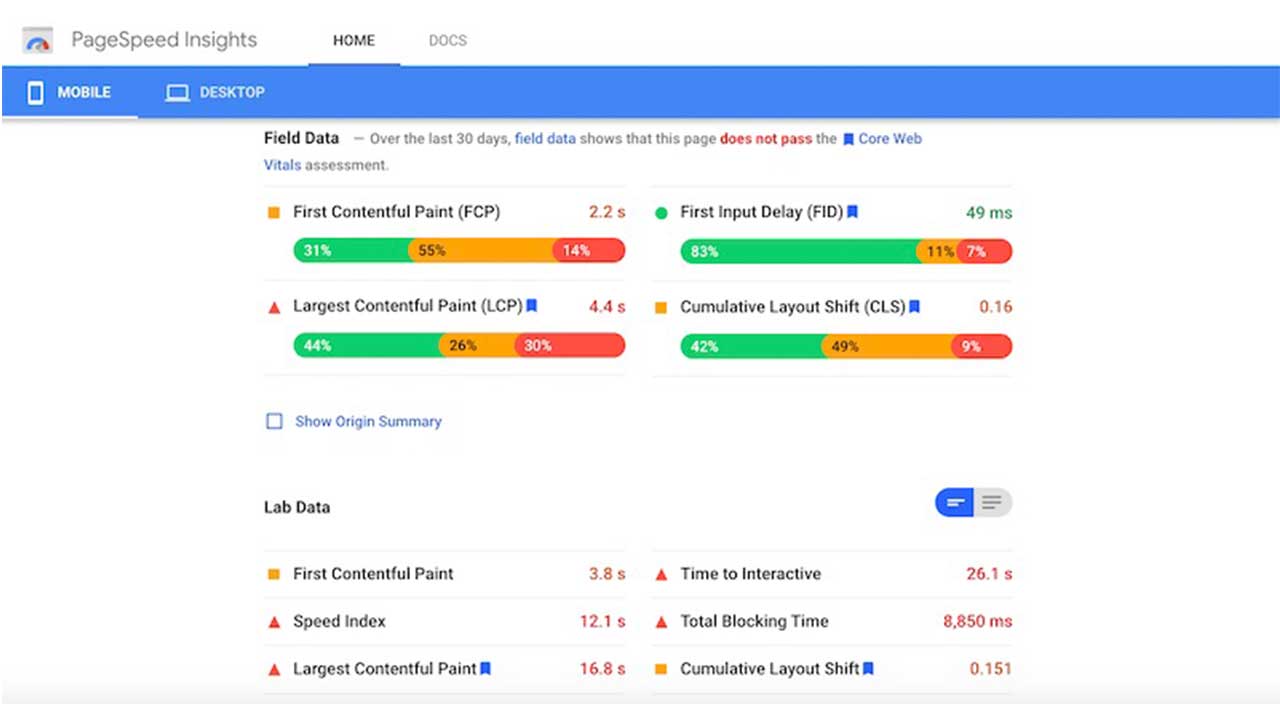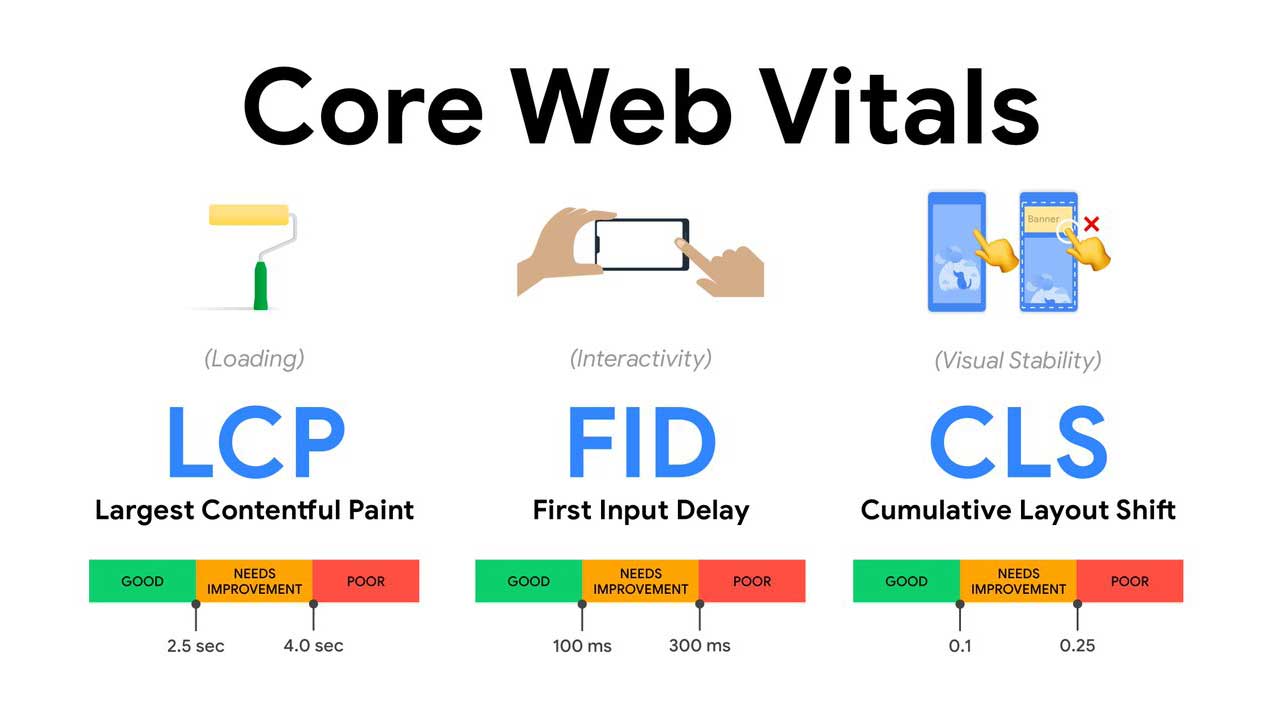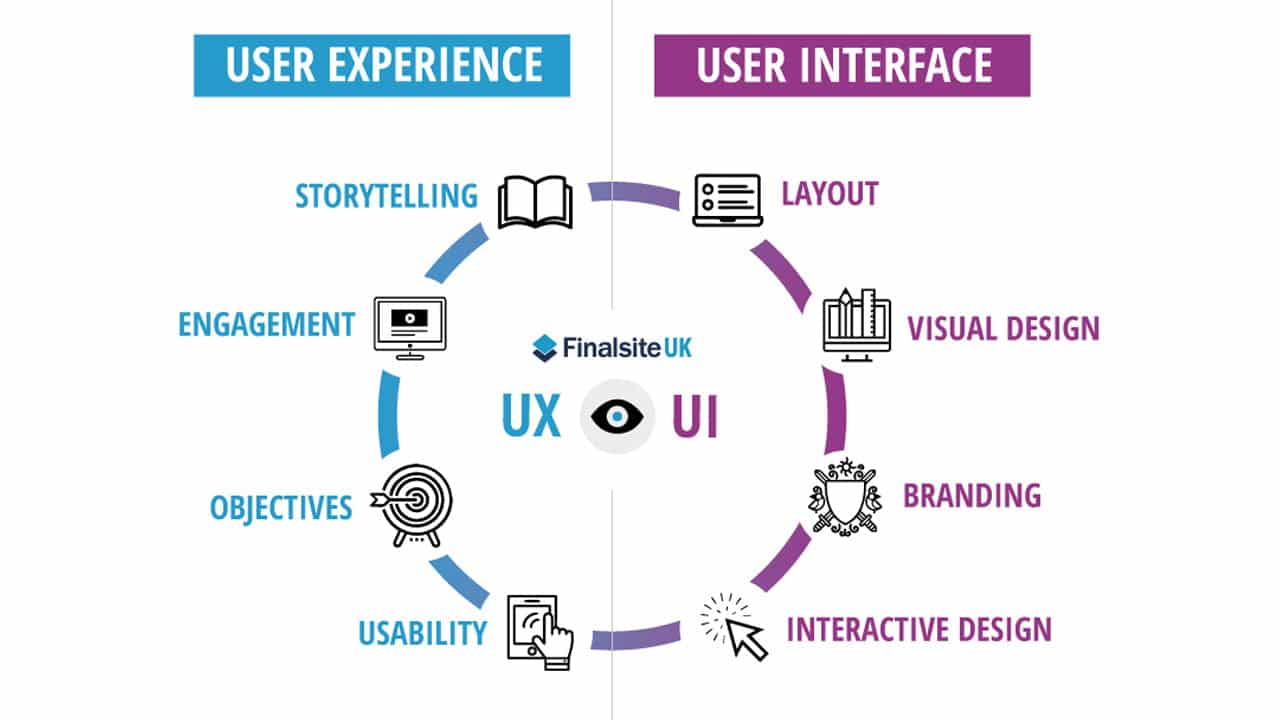Introduction
In the vibrant streets of Philadelphia, where the spirit of entrepreneurship thrives, your local business’s online presence can be as impactful as the most eye-catching storefront on 13th Street, with its beautiful murals. Whether you’re dishing out the city’s best cheesesteak or offering custom services, making your mark in the digital world is no longer an option — it’s a necessity. As a busy business owner, playing catch-up in the world of online marketing, especially with local Philly SEO, can be daunting. One of the easiest tools to use to get local recognition is Google My Business.
Benefits of Google My Business
Google My Business (GMB) is more than just a digital directory; it’s a powerful tool that puts your business on the map — literally and figuratively. With increased visibility in local searches, your business can be the first choice for Philly locals and visitors alike. Having an optimized and enhanced profile means that when someone searches for “best SEO companies in Philadelphia” or “Philadelphia SEO services near me,” for example, they’ll find a company name, a story, reviews, photos, and so much more.
Setting Up Google My Business

Your business GMB can be kept up-to-date and active with proper time and planning.
Creating a Google My Business (GMB) account is just the first step. We recognize the importance of a well-maintained GMB profile at Philly SEO Pro. By optimizing your information with precision, you can provide customers with updated details, captivating images, and compelling videos. While we offer top-notch local SEO services, you can enhance your online presence and attract more customers yourself with proper time management and planning. Many times, we recommend assigning this task to a single person in the company to keep things on track.
Utilizing Google My Business Features
It’s a great idea to use all of the GMB features available. Post your latest updates and offers to keep your audience engaged. Responding to customer reviews? It reinforces the friendly, genuine nature of your local business. For instance, a real estate company in the North East Philly neighborhood of Fox Chase engages with their community regularly, showing potential clients they’re more than just a business — they’re an integral part of the Philadelphia community.
Other features, such as those for creating a comprehensive product and service list, give customers everything they need to know about your offerings. Whether it’s selling a house within 21 days or providing unparalleled web development, ensure customers have your products and services information at their fingertips.
Best Practices for Optimizing Google My Business
Encouraging your customers to leave reviews can significantly enhance your reputation. Using targeted keywords within your business description boosts your SEO. For example, we can help Google recognize that Philly SEO Pro offers some of the “best SEO services in Philadelphia” with well-targeted keywords in our business description and by using keywords in GMB posts in a natural manner.
Keep your business information up to date — it builds trust and reliability. Analyze your business insights to make data-driven decisions and stay ahead of the competition.
The Best Philly SEO Challenge – Bakery Edition
A Recipe for Success
A local bakery, nestled in the heart of Philly, faced some pretty stiff competition. Despite having delectable pastries and a small, loyal customer base, they weren’t the first pick on search engines. They needed to rise above the noise and increase website traffic and sales without breaking the bank on advertising. They set their generalized goals as follows: get more local visibility in the next 6 months, increase web traffic, and increase in-store traffic.
No Half-Baked Efforts

Including fresh photos of products often was a part of the best local Philly SEO techniques we recommended for this bakery’s GMB page.
By optimizing its Google My Business (GMB) listing, this local Philly bakery started the journey to elevate its online presence. They baked in all the ingredients – from mouth-watering photos of their fresh baked goods to alluring descriptions sprinkled with locally searched keywords. They regularly updated their GMB profile with pictures and information about their latest creations, keeping the content as fresh as their cupcakes. They also included surprise posts such as unadvertised specials. In-store and on their website, they actively encouraged their happy customers to write reviews about their tasty sugar rush. This not only kept customers coming back, but it also boosted their trust and reliability with Google’s search algorithms.
The Results?
The results were as sweet as their chocolate ganache. Local search optimization and the vibrant GMB profile exponentially increased the bakery’s visibility on Google searches. Within months, they noted an almost 30% increase in website traffic, directly correlated to their enhanced local search presence. Online orders soared nearly 25%, and their foot traffic from locals and tourists looking for the best bakery in Philadelphia rose like perfectly proofed dough. Talk about “making that bread!”
Conclusion
Your local business has the potential to reach global audiences with the right digital tools. By harnessing the power of Google My Business, you’re not just putting your company on the map but inviting the world into your local Philadelphia experience.
Take the first step towards global reach for your business. Embrace the transformative power of Google My Business. And should you need an expert hand, contact the best SEO company in Philadelphia, Philly SEO PRO. For businesses in iconic neighborhoods such as Old City or way up north in Somerton, PA, and anywhere in between, we are here to help. If you need a skilled Philadelphia SEO writer, professional website optimization or redesign, or a Google My Business pro, call us at 215-598-7341. Let’s amplify your local charm for the world to see.

